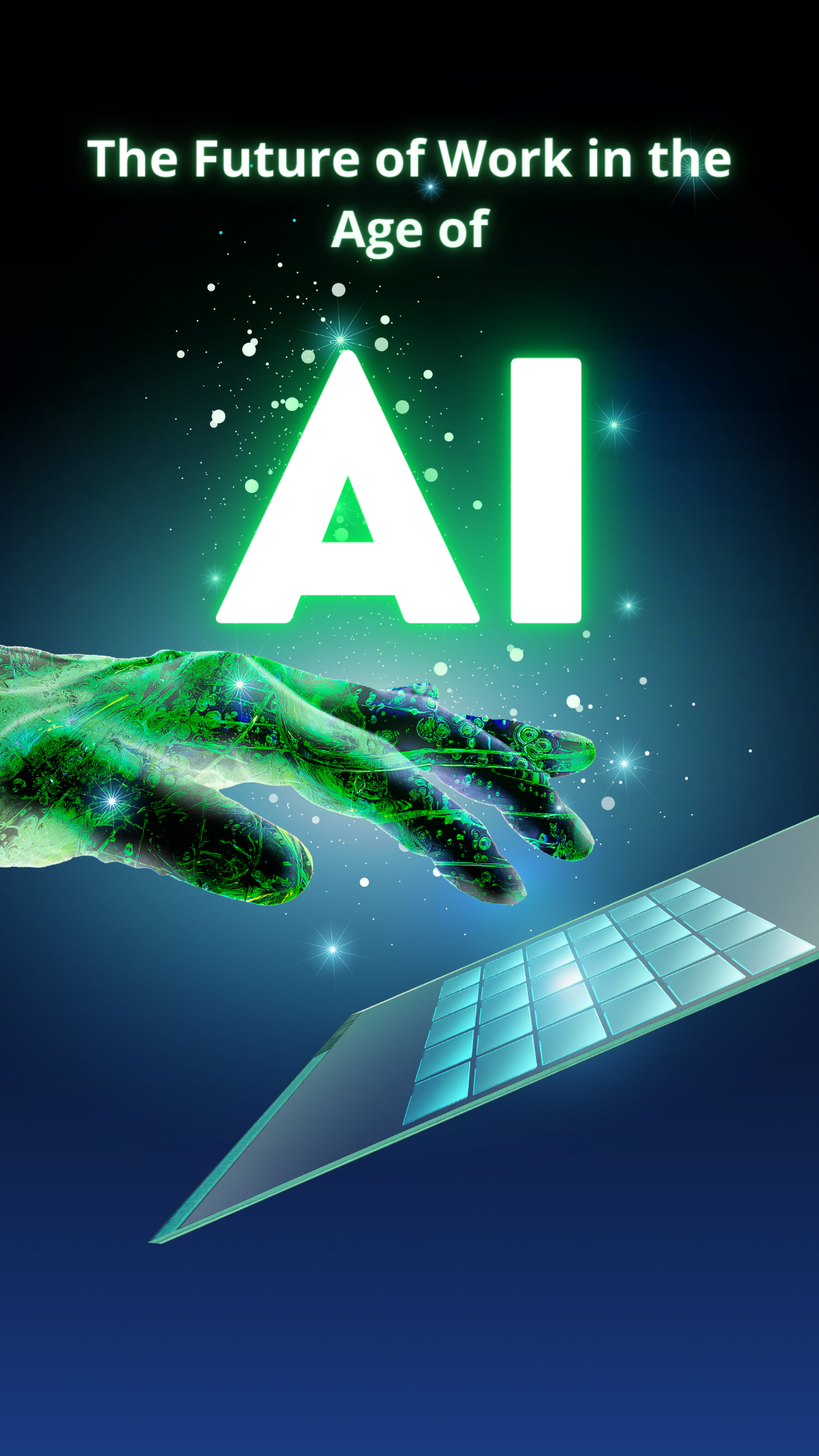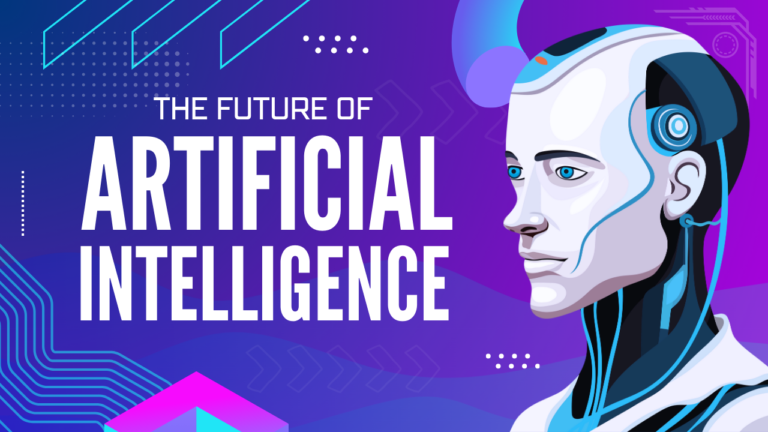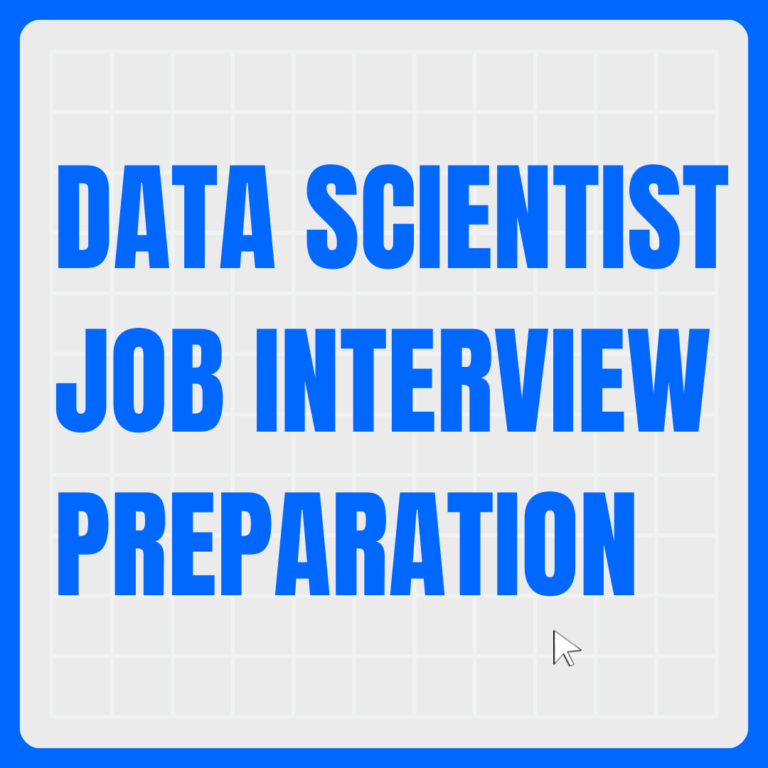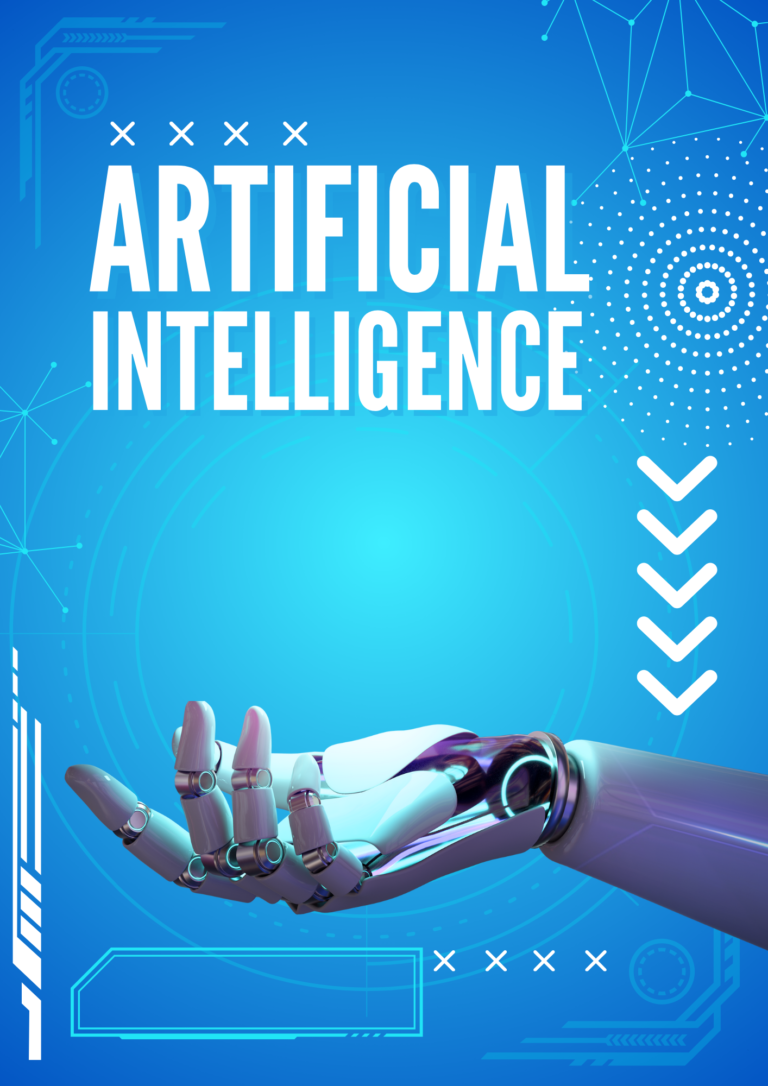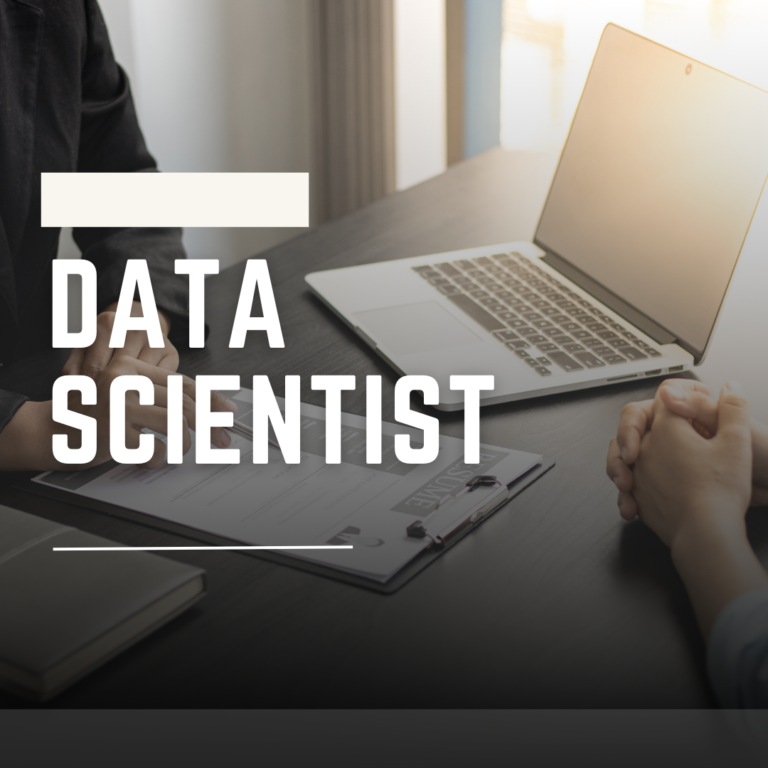Envisioning Tomorrow: The Future of AI
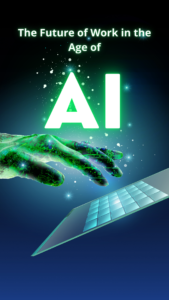
Exploring the Transformative Potential and Ethical Implications of Artificial Intelligence
The future of Artificial intelligence influence human destiny in almost every sector of the economy. Artificial intelligence (AI) is already the main force behind emerging technologies like big data, robotics, and the Internet of Things, and generative AI has expanded the potential and allure of AI.
A 2023 IBM survey found that 40% of enterprise-scale businesses are thinking about implementing AI, and 42% of them have already integrated AI into their operations. Furthermore, 42% of organisations plan to incorporate generative AI into their workflows, compared to 38% of organisations that have already done so.
As so many changes are taking place in a rapid space there can be seen changes and impact on the industries.
AI’s Development
AI’s most recent development had been lead by generative AI. in 2018, OpenAI released its first GPT models. The result of this has been the development of ChatGPT and the GPT-4 model by OpenAI, which has sparked the emergence of numerous AI generators that can process queries to produce pertinent text, audio, images, and other types of content.
Additionally, AI is being used as a tool for assisting in the sequencing of RNA for vaccines and to model human speech. These applications of AI are based on machine learning based on models and algorithms and increasingly emphasise perception, reasoning, and generalisation.
Better Process Automation
In various degrees, AI has been adopted by about 55% of organisations, which states that many businesses will see automation in the future. With the popularity of chatbots and digital assistants, businesses can now use AI to manage routine customer conversations and staff inquiries.
A huge quantity of data can be counted with the use of AI and present its results in easily readable visual formats can also expedite the decision-making process. It becomes easier for business owners to make wise decisions instead of wasting time.
Disruption of Work
Fears of job losses have naturally arisen as a result of business automation. In fact, workers think AI could complete nearly one-third of their jobs. Even though AI has improved productivity at work, its effects on various sectors and occupations have not been evenly distributed. It has been predicted that , jobs like secretarial work could be taken over by AI, but there is an increasing need for jobs like information security analysts and machine learning specialists.
It is more likely that AI will augment rather than replace workers in more creative or skilled roles. AI is expected to upskill employees at the individual and corporate levels, whether it is by requiring them to learn new tools or by taking over their roles.
Data Privacy Issues
To train the models that drive generative AI tools, businesses need a lot of data, and this process has been closely examined. Due to concerns about an individual’s personal data leak, the FTC launched an investigation to determine whether OpenAI’s data collection practices have harmed customers, even after the company may have broken European data protection regulations.
Data privacy is one of the tenets of the AI Bill of Rights, which was created by the Biden-Harris administration in response. This legislation represents the growing movement to prioritize data privacy and requires AI companies to be more open and cautious about how they gather training data, even though it has little legal weight
Regulation
The way generative AI lawsuits play out in 2024 may change how legal scholars view some issues. For instance, because of copyright lawsuits that authors, musicians, and businesses like The New York Times filed against OpenAI, the topic of intellectual property has gained more attention. As we can see, loss in these cases could have a significant negative impact on OpenAI and its rivals since they challenge the way the American legal system defines what constitutes private and public property.
The American government is under increased pressure to adopt a more assertive position as a result of ethical concerns surrounding generative artificial intelligence. AI could change the perspective on some legal issues.
Concerns about Climate Change
AI has the potential to significantly impact environmental issues, a lot of issues relating to climate change and sustainability have been made. Proponents of AI may see it as a means of improving supply chains’ efficiency and lowering carbon emissions through predictive maintenance and other processes.
One of the biggest contributor in climate change is AI right now.. The development and maintenance of AI model could lead to 80% increase in carbon emissions due to the energy and resources needed, with tech companies not being sustainable.
The expenses associated with developing and training models may result in society facing more environmental challenges. Even in the case that AI is used to develop climate-conscious technologies.

